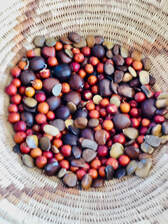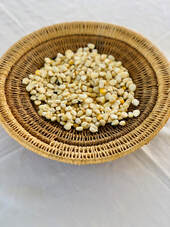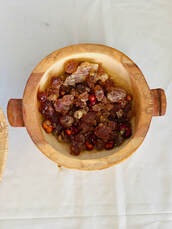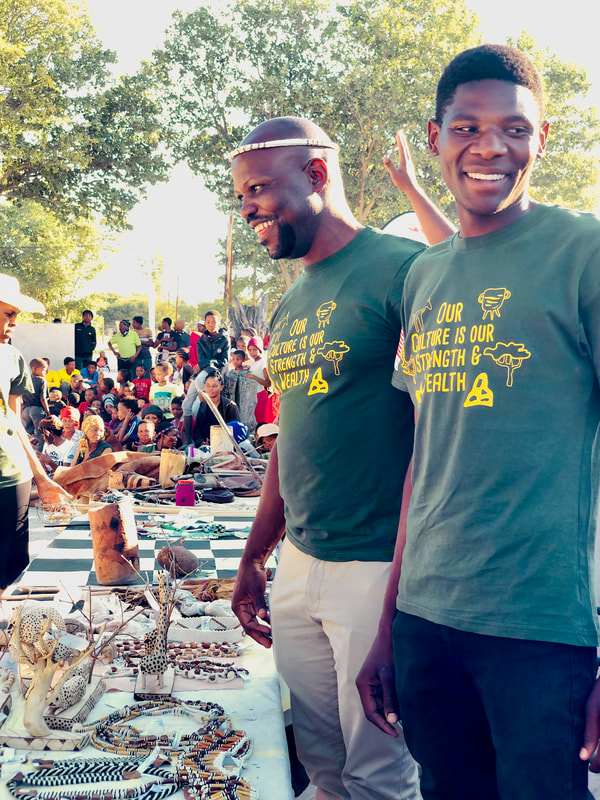A number of communities in Ghanzi, Kgalagadi, Kweneng and Southern Districts have been harvesting Sengaparile, popularly known for its anti-inflammatory and analgesic properties, destined for markets in Europe, the largest being in Germany. These are exciting times as this growing national production and new markets offer an opportunity for developing the full value chain and consequently, the role of host communities within that chain. As stewards of the land where these different plant species are found, the traditional knowledge of these communities of where these species can be found, how to harvest, when to harvest and how much to harvest cannot be underplayed, as it is this understanding that forms the basis of sustainable utilization.
With a recent grant received from the UNDP Kgalagadi Ghanzi Drylands Ecosystem Project (KGDEP), CCB will be able to further the work in this thematic area by partnering with the likes of the Botswana University of Agriculture and Natural Resources (BUAN), the Department of Forestry and Range Resources (DFRR) and private sector players from the Natural Products Association of Botswana (NPAB) such as Matebeleng Milling. Each partner brings their specific expertise, to enable us to update veld assessments, develop participatory harvesting plans for different species and explore the potential to cultivate others. With NPAB, we hope to enhance host communities’ understanding of market systems, needs and access, while with companies such as Matebeleng Milling, we hope to link communities in the project area with established, fair and reliable markets. The grant includes setting up a veld product centre in Bere which would serve multiple functions including being an information resource on veld products in the region, and a central point for drying and storage of the plants after harvest that will serve several settlements.
“We want to ensure that people of the Ghanzi region, through their Community Trusts, have access to fair trade markets for their veld products, that they gain skills and knowledge that can improve their livelihoods whilst co-existing with wildlife within their wildlife management areas,’ said Mr Douglas Thamage, CCB’s Operations Manager.





 RSS Feed
RSS Feed
